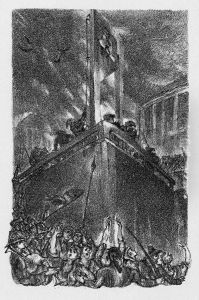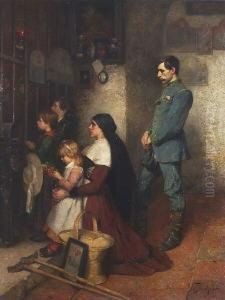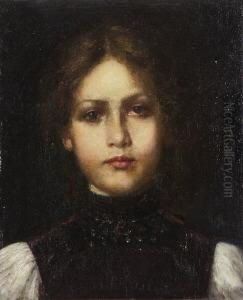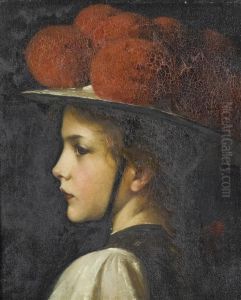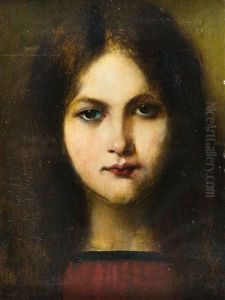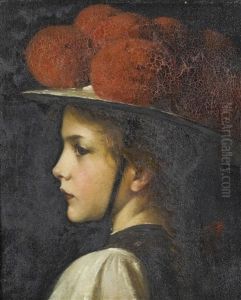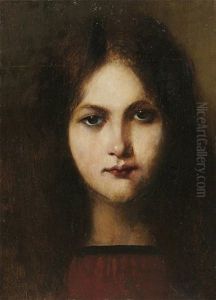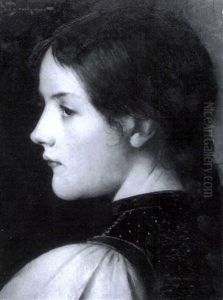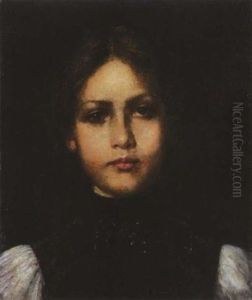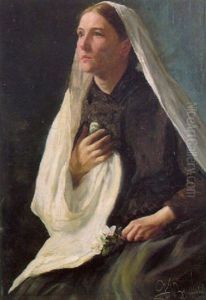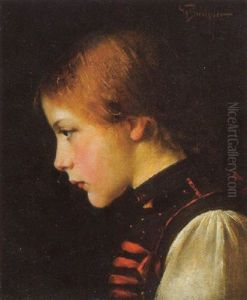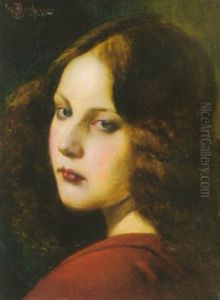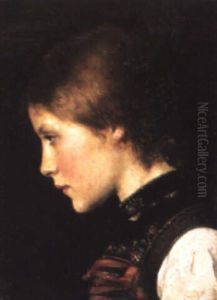Georg Buchner Paintings
Georg Büchner was a German dramatist, writer, and revolutionary born on October 17, 1813, in the small town of Goddelau, in Hesse-Darmstadt (now part of Riedstadt, Germany). He was an important figure in German literature, despite his very short life; he died at the young age of 23 on February 19, 1837, in Zurich, Switzerland. Büchner's work is known for its realistic portrayal of social issues and deep psychological insight, which was ahead of its time and influenced later literary movements such as naturalism and expressionism.
Büchner studied medicine at the universities of Strasbourg and Giessen but was also keenly interested in philosophy and literature. His political engagement led him to found the Society for Human Rights and he became deeply involved in the revolutionary movement against the oppressive political system of the time. His political activities put him in danger, and he was forced to flee Germany in 1835 to avoid arrest.
Despite his brief career, Büchner made significant contributions to German literature. His most famous works include the play 'Dantons Tod' (Danton's Death), which he wrote in 1835, exploring the French Revolution's themes of power, betrayal, and disillusionment. This was followed by 'Leonce und Lena', a satire on the aristocracy and 'Woyzeck', which remained incomplete at the time of his death and was later adapted into various forms including an opera by Alban Berg. 'Woyzeck' is considered one of the earliest examples of a working-class protagonist in literature and is a seminal work that explores themes of poverty, exploitation, and mental illness.
Büchner's prose masterpiece 'Lenz', based on the life of the Sturm und Drang poet Jakob Michael Reinhold Lenz, is an early example of stream-of-consciousness narration and was highly acclaimed for its psychological depth. His scientific work also contributed to the field of comparative anatomy.
Büchner's influence on literature was not fully recognized during his lifetime, but his works were rediscovered and appreciated by later generations for their innovative narrative techniques and their powerful critique of social injustice. Today, he is considered one of the pioneers of modern German literature, and his plays are still widely performed. The Georg Büchner Prize, one of the most prestigious literary awards in Germany, is named in his honor.
